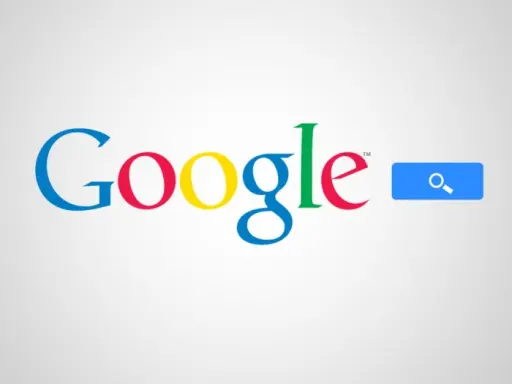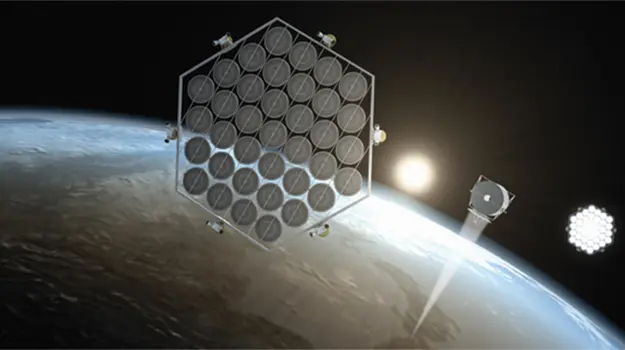
Google is teaming up with the Institute of Electrical and Electronics Engineers to try to make “green energy” more practical. It’s running a million dollar contest called “Little Box Challenge” to try and reduce the size of a key component in bringing renewable power to homes and businesses.
The competition is based around the fact that electricity comes in two forms: alternating current (AC), and direct current (DC). Alternating power is used in homes and offices, with its flow of electrical charge changing direction continuously. On the other hand, direct current always flows in only one direction; an example of direct current is a car battery with positive and negative terminals.
AC/DC Power Still Relevant
Because alternating current changes the direction of the terminals at a regular pace (approximately 60 times a second in the United States), it is much easier to change voltage mid-transmission. Because of this benefit, alternating current is used to carry electricity from power plants over power lines at extremely high voltages. When it reaches homes and offices, the power can be reduced to much lower voltages.
The problem is that most smaller-scale renewable energy devices produce direct current, such as solar panels or small wind turbines. To make it suitable for everyday use, it needs to go through a device called a power inverter that switches the direct current to alternating current.
At the moment, most inverters are fairly bulky. For example, a typical power inverter for a solar panel might be the size of an ice cooler or picnic basket. That makes it much less attractive to use energy sources on a small scale, whether it be in a home, or in a portable setting such as a car or recreation vehicle. (Source: zdnet.com)
Google Will Fund Some Entrants
Google is now hosting the Little Box Challenge, which challenges inventors to create an inverter that is 10 times smaller than current models. That would make it smaller than most laptop computers. (Source: littleboxchallenge.com)
Anyone can enter the contest, though Google says it expects it will be mainly businesses and university groups. It’s offering some money in grant funding to academic entrants. Whoever wins the contest will keep the rights to any intellectual property involved in developing an entry and will be able to turn it into a business if they want to do so. However, Google will publish an overview of the technological approach the winner took in solving the problem.







